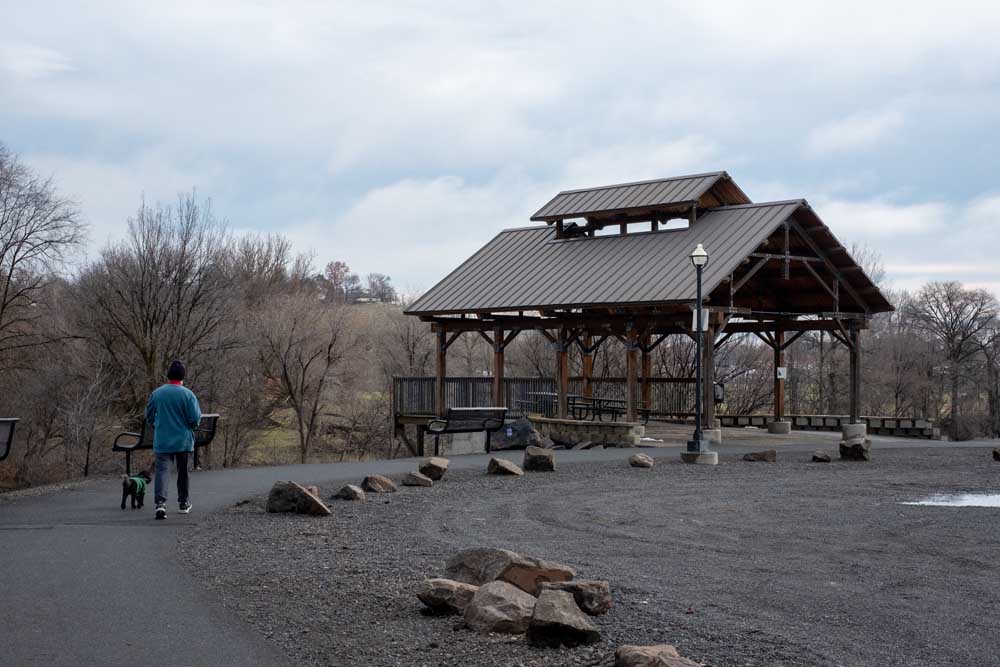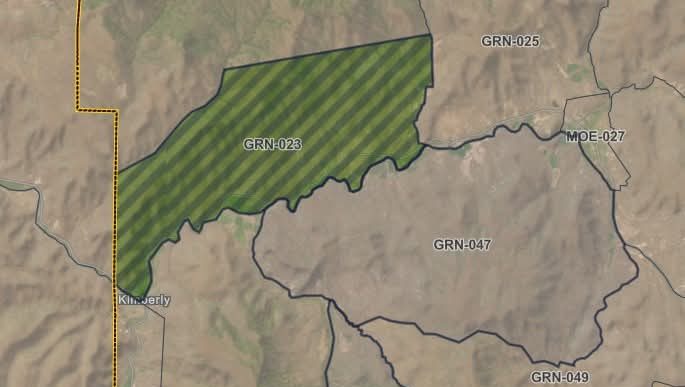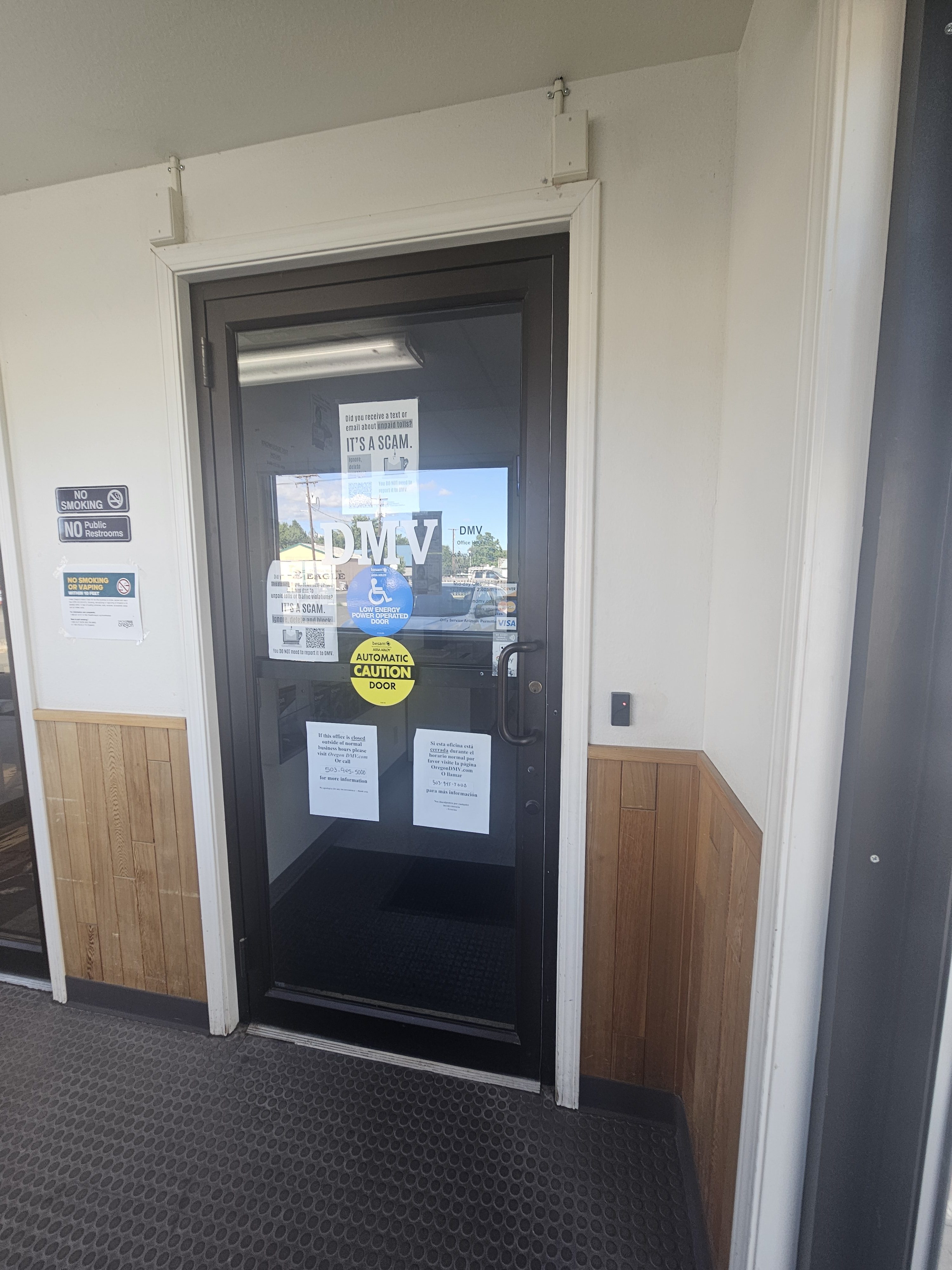Our view: Legislature should address recreational immunity issue
Published 3:00 pm Friday, February 9, 2024

- The Union Pacific Picnic Shelter is one of the locations where runners and dog walkers stop to visit during their leisure strolls Jan. 30, 2024, on the Pendleton Riverwalk by the Umatilla River.
An ongoing lawsuit that has prompted local officials to close a handful of public trails on the Oregon Coast has yet to have that effect in Northeast Oregon.
Trending
But the temporary suspension of the legal concept of “recreational immunity” in our state, due to that lawsuit, poses a potential threat to access to trails that hasn’t heretofore been questioned.
It’s vital, then, that state lawmakers address the matter while they’re in Salem this month for the short legislative session. It started Feb. 5 and is limited to 35 days.
The issue started when Nicole Fields sued the city of Newport in October 2020, seeking $345,000 in damages for the broken leg she sustained in January 2019 when she slipped on a bridge along a city-owned trail.
Trending
Newport’s attorneys sought to have the suit dismissed, citing Chapter 105 in Oregon Revised Statutes, and particularly the recreational immunity section.
The basic idea is that both public and private landowners aren’t liable for damages if a person is hurt while recreating on land that’s open for no fee.
In October 2021, Lincoln County Circuit Court Judge Marcia Buckley granted the city’s motion to dismiss Fields’ complaint based on the recreational immunity law.
But Fields’ attorneys argued that the law didn’t apply to her case because Fields used the bridge not for recreation, but for access to and from a beach.
The Oregon Court of Appeals, although it didn’t accept Fields’ argument, concluded that there was a legitimate question about whether recreational immunity applied, and that the matter should be decided at trial.
Newport’s attorneys appealed to the Oregon Supreme Court, but in October 2023 the state’s highest court declined to consider the city’s appeal.
In late January, Newport’s attorneys filed another motion seeking to dismiss Fields’ complaint, this one based on a different part of ORS Chapter 105.
In the meantime, though, according to CIS Oregon, the company that provides liability insurance to most of the state’s cities and counties, recreational immunity is not in effect. The company has advised cities to consider closing improved trails used to access a recreational area and unimproved trails, or installing signs along trails noting that they are for recreational purposes. Another option that could restore recreational immunity is passing an ordinance or resolution as noted in state law that Newport’s attorneys cited in their recent motion in the Fields case.
The ultimate solution should be legislative.
It’s clear from the history of Chapter 105 that lawmakers have intended that landowners who make property available to the public, at no cost, should be protected from lawsuits and their associated costs, which can be significant for cities and counties.
That free access benefits local residents, who regularly use the trails such as the Pendleton River Parkway along the Umatilla River, Baker City’s Leo Adler Memorial Parkway along the Powder River and John Day’s paths at the Seventh Street Sports Complex.
Those and other trails also can attract visitors who patronize local businesses, and make our cities and counties more enticing for tourists as well as for people interested in moving here and possibly starting businesses.
But the specter of expensive lawsuits, based on the specious notion that the injured person was using a trail but not recreating, could make it financially untenable for cities and counties — as well as private landowners — to continue to allow such access.
Lawmakers should amend Chapter 105 to make it clear that public use of trails and other facilities, no matter what users claim their intent was, is protected from liability.









